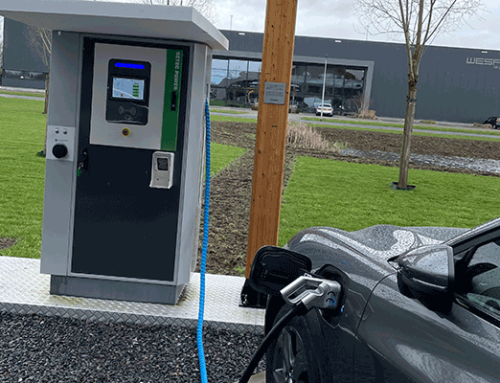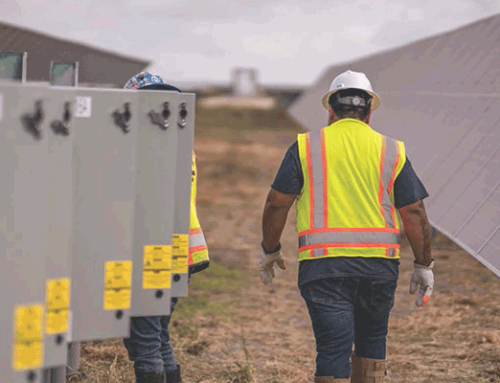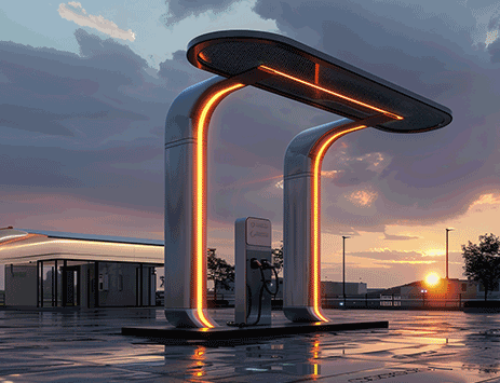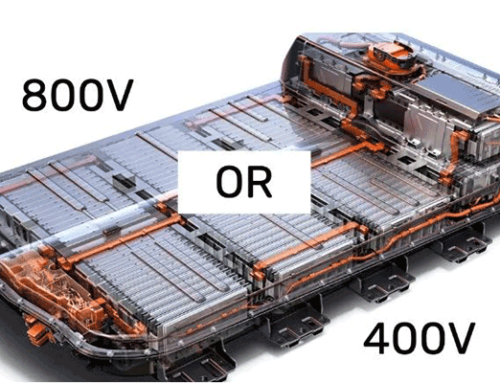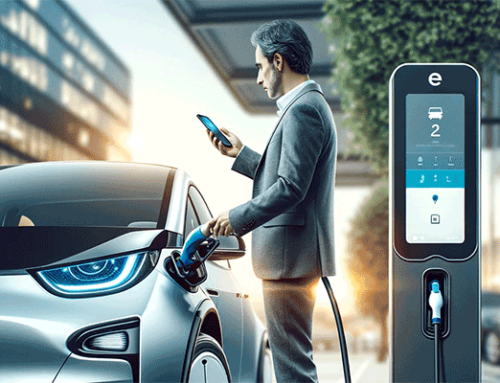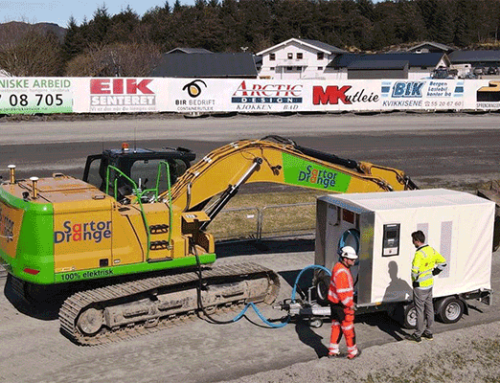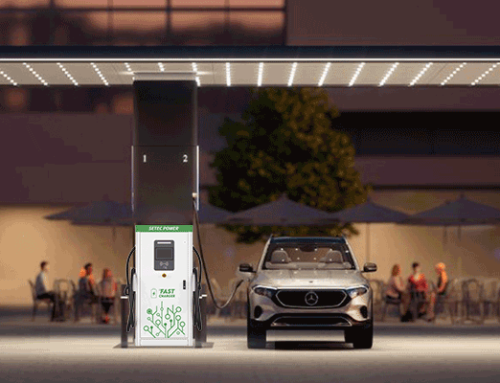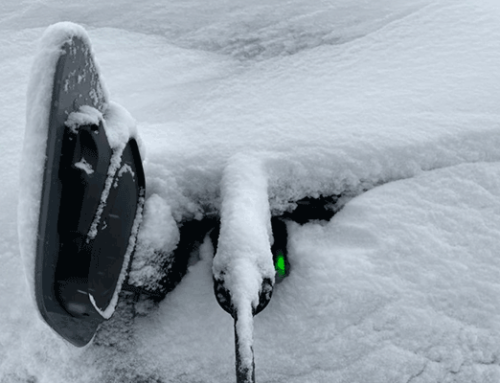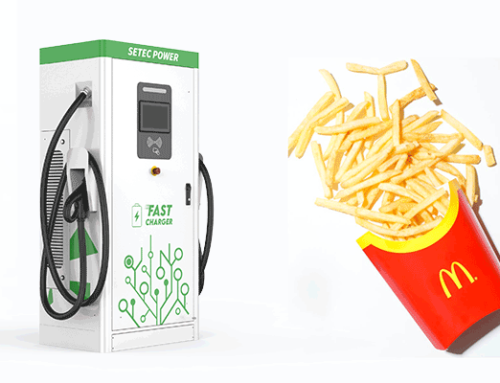Kentucky has made history by becoming the first state in the United States to mandate the use of Tesla’s North American Charging Standard (NACS) by charging infrastructure providers as a prerequisite for receiving funding. This new regulation came into effect last Friday, marking a significant shift in the electric vehicle (EV) charging landscape.
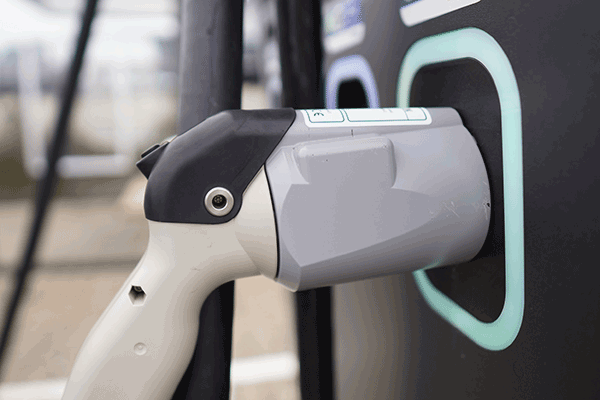
In addition to the federal requirements for the Combined Charging System (CCS), Kentucky now requires charge point operators to make the NACS available to qualify for state subsidies. The state’s EV charging program stipulates that each port must be equipped with an SAE CCS 1 connector and be capable of connecting to and charging vehicles equipped with NACS-compliant charging ports.
While Kentucky leads the way, Texas and Washington have also announced plans to mandate the Tesla charging system. However, these states have yet to implement the new regulation. In Texas, some resistance has already emerged. A group of charging infrastructure manufacturers and operators have expressed their concerns, labeling the mandatory integration of Tesla’s NACS as “premature”. They argue that more time is needed to standardize, test, and certify the safety and interoperability of Tesla connectors across the industry.
Interestingly, the group includes infrastructure manufacturers ABB and ChargePoint, the latter of which has previously expressed support for the NACS initiative. ChargePoint has even announced plans to build charging stations with NACS charging cables in the future and retrofit existing stations.
Despite the controversy, the Biden administration has indicated that these state requirements should not pose a problem for federal funding eligibility. Charging operators must provide a CCS plug at the pole to qualify, but there is no specification that the CCS plug must be exclusive. Therefore, a charging point with both a CCS and a NACS connector would also be eligible for funding.
This development in Kentucky and the potential changes in Texas and Washington could signal a broader shift towards the adoption of Tesla’s NACS in the United States, which would have significant implications for the EV charging infrastructure landscape. However, it remains to be seen how these changes will be received by the industry at large and how they will impact the future of EV charging.
As a final note, it’s worth mentioning that SETEC POWER’s EV fast chargers are fully compatible with Tesla’s charging requirements. If you’re interested in learning more about our offerings, don’t hesitate to get in touch with us immediately.

